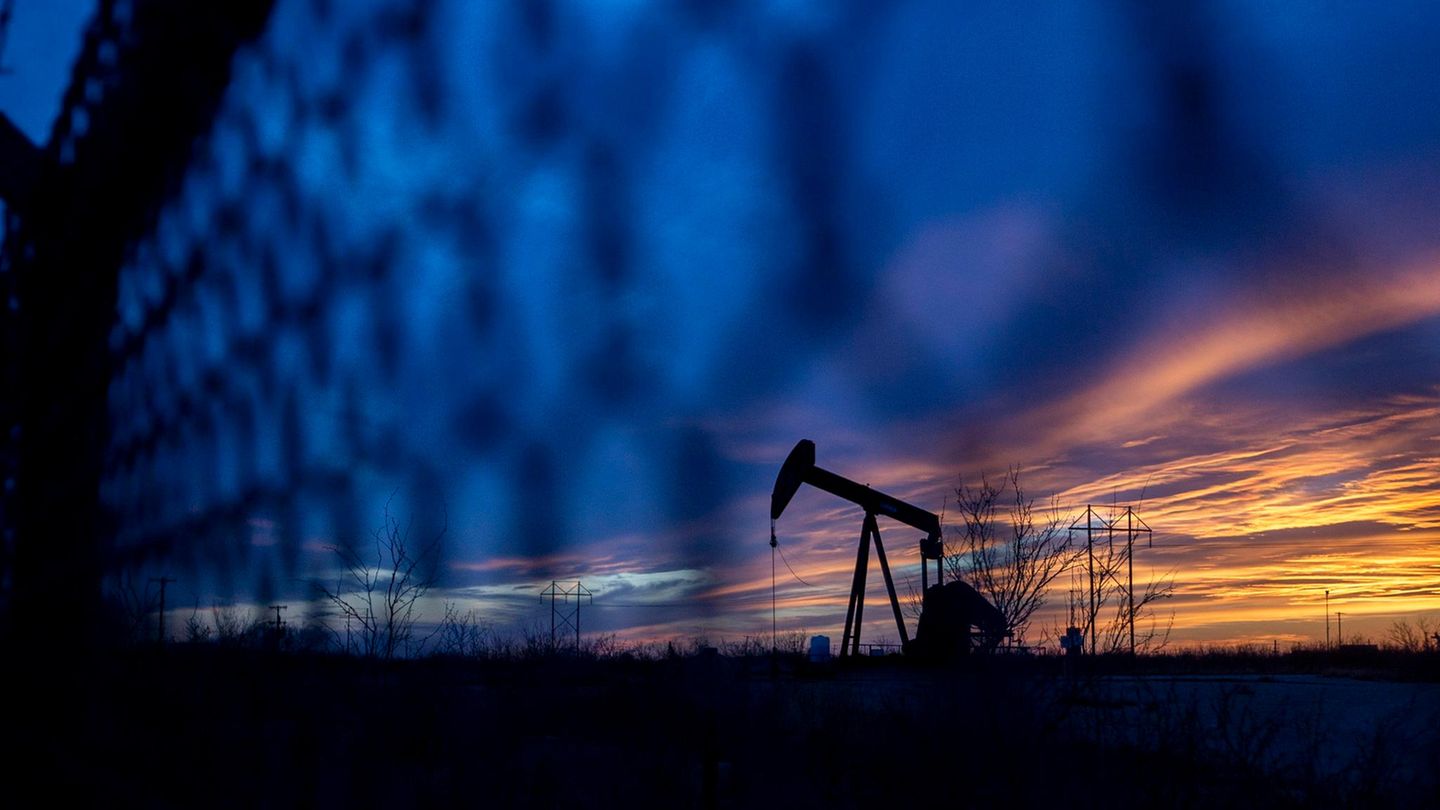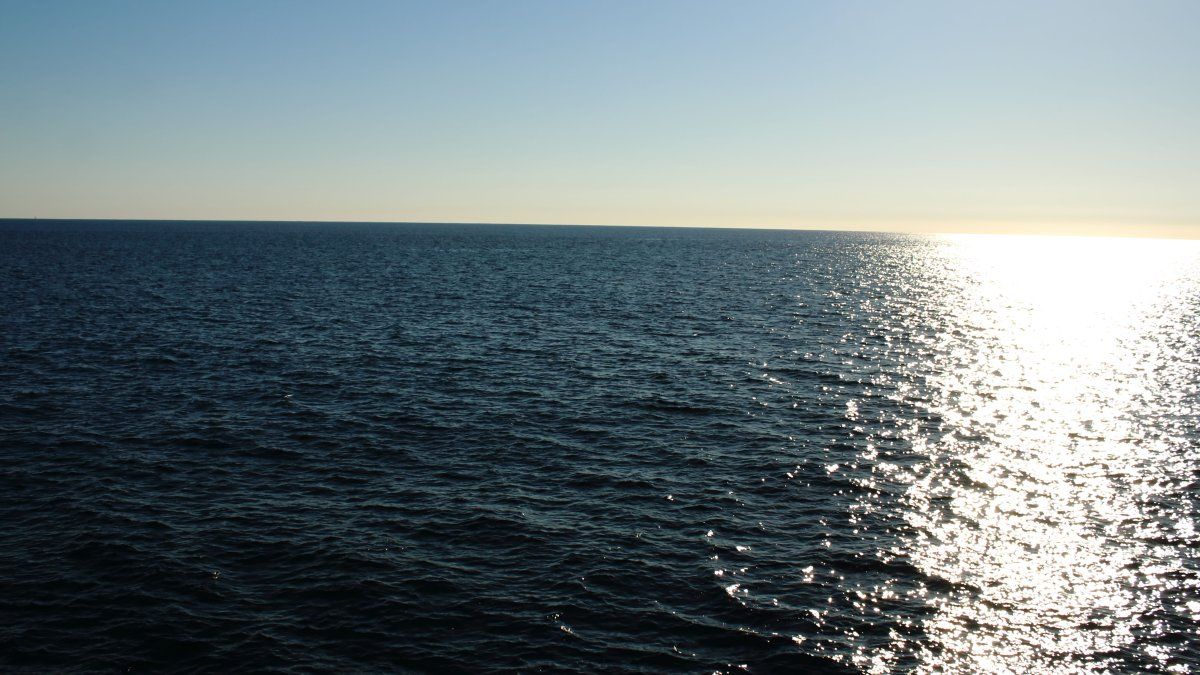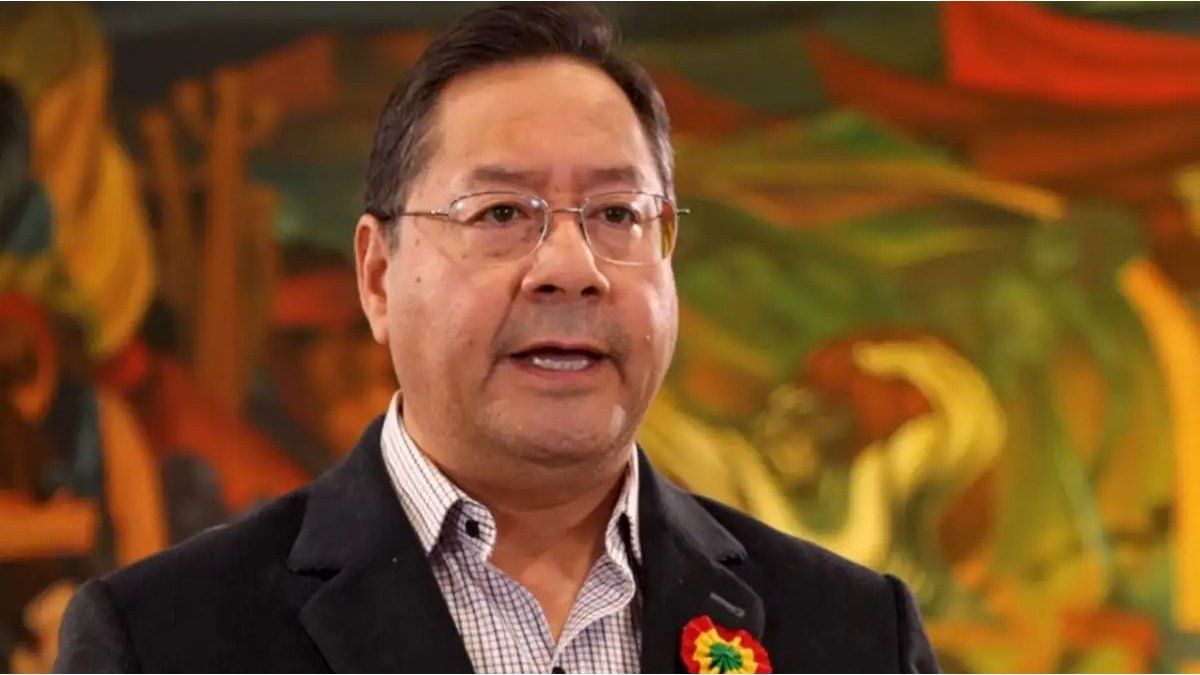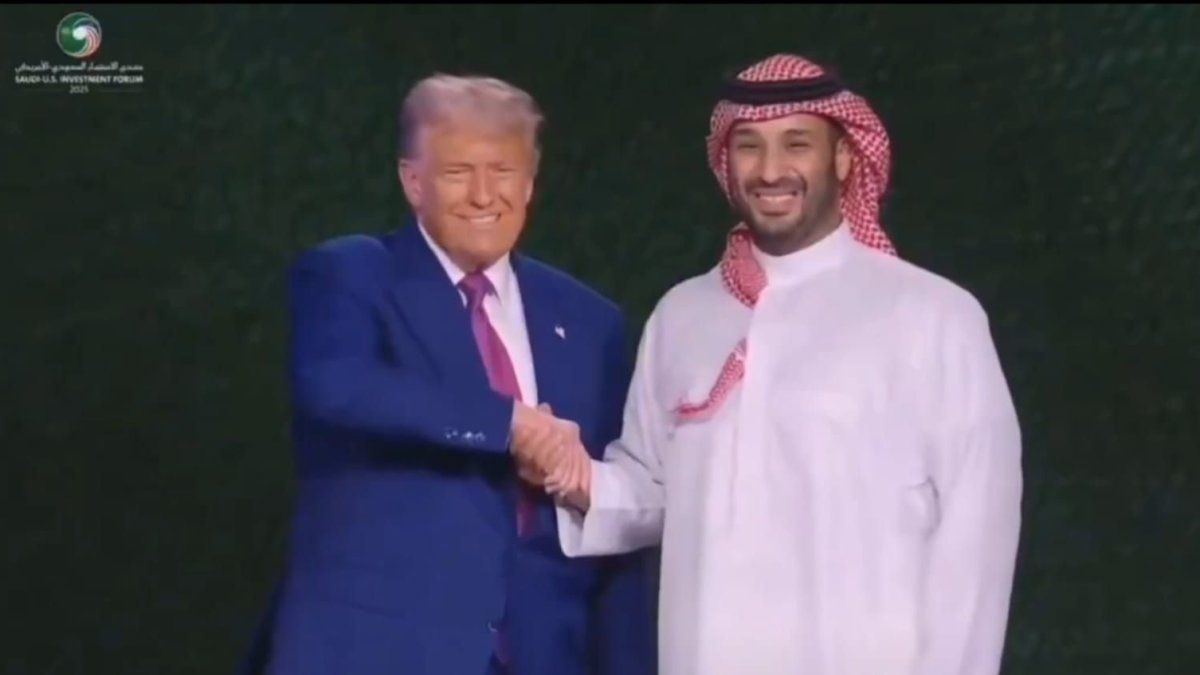The EU is further restricting deliveries of Russian energy supplies. After a gas embargo, an oil embargo is now to be brought to Europe. Questions and answers on consequences and criticism.
If Germany and the EU have learned one thing from the Ukraine war, it is that strong dependencies must be avoided in the future. At least Germany is working on expanding its sources of energy resources – experts speak of diversification. In this way, the states want to make themselves less susceptible to blackmail.
This is one of the reasons why both Germany and the EU sanctioned Russian gas deliveries six months ago. Now the EU states are taking the next step: Russian oil is to be banned from the European market – at least in part.
What is the oil embargo against Russia all about?
In May, the EU states agreed to sanction another branch of the Russian energy industry: the oil industry. Part of the oil embargo is scheduled to come into effect on December 5th. Crude oil may then no longer be imported. From February 5, 2023, Russian oil products may no longer be imported. According to EU figures, this affects two-thirds of Russian oil deliveries to Europe. With the decision, Europe is following the example of the USA and Great Britain. The two countries stopped their oil imports from Russia back in March.
Why isn’t it a 100 percent embargo?
Hungary, Slovakia and the Czech Republic want to continue getting oil from Russia. However, the oil does not ship to these countries by ship, but flows from Russia via the Druzhba pipeline (in English “friendship”). The pipeline carries 3.2 million tons of oil per month. Germany also gets oil from Russia. Compared to other European countries, Germany is the largest importer of Russian oil.
Why is the sanction so special?
According to media reports, the embargo is an intervention unprecedented in the oil market. The Austrian newspaper “Die Presse” writes of “an experiment that has never existed in this form and on this scale”.
What does the embargo mean for the world market and Europe?
No bottleneck is feared on the world market. According to the Organization of the Petroleum Exporting Countries (OPEC), there is currently a surplus. According to a report by the Wall Street Journal, Saudi Arabia could decide to expand its production at the next Opec+ meeting on December 4th. However, the country has denied the report. In a report by Commerzbank, the experts therefore do not rule out that there could be “a noticeable tension on the oil market at the beginning of 2023”. Recently, the prices for oil on the world market had risen due to the Ukraine war.
The European oil embargo was recently criticized by the International Energy Agency (IEA). According to the information, the EU would forego one million barrels of crude oil and 1.1 million barrels of other oil products per day. The scarcer resources would then increase the prices of crude oil and products. The Bank for International Settlements (BIS) is also anticipating shortages and price increases. The food industry could also be affected.
How is oil consumption in Germany at the moment?
In 2020, 30 percent of German oil imports came from Russia. The proportion was thus similar to that in the Czech Republic or Estonia. Although oil imports collapsed due to the corona pandemic, they recovered again this year. This shows an analysis by the energy expert Steffen Bukold on behalf of Greenpeace, which is available to the German Press Agency. Although the values are below pre-pandemic levels, the curve is pointing upwards.
Between April and September 2022, the value was 7.1 percent below the comparative figure before the pandemic. In 2020 and 2021 the minus was 11.1 percent. The analysis is based on data from the IEA.
What does the oil delivery stop mean for Germany?
Germany plans to stop importing oil from Russia by the end of the year. The PCK refinery in Schwedt, Brandenburg, is particularly affected by the embargo. It belongs to the Russian Rosneft group and the federal government put the responsible German Rosneft subsidiary under trusteeship in September. The refinery could soon be working at half capacity, which could affect oil prices in eastern Germany. Some of the deliveries that flow to Germany via the Druzhba pipeline are to be replaced by deliveries via Rostock.
How does Germany solve the refinery problem?
Poland will supply oil to the refinery in the future. The country has an interest in it because the refinery also supplies western Poland. Federal Economics Minister Robert Habeck (Greens) and Polish Environment Minister Anna Moskwa initially only signed a declaration of intent, a so-called memorandum of understanding. The concrete delivery quantities are to be negotiated by the companies involved.
What does the oil embargo mean for Russia?
After the US and Saudi Arabia, Russia is the world’s largest oil producer. Last year the country produced 524 million tons of oil. That equates to 10.5 million barrels per day. Russia thus covered ten percent of global production. Because Europe is also largely withdrawing from the Russian oil business, Russian oil production could collapse, according to the IEA.
In the coming year, the average production volume could drop below the mark of ten million barrels (each 159 liters) per day. In the latest monthly report, the IEA experts assume that the Russian production volume will be almost two million barrels below the pre-war level. On average, daily production of Russian oil in the coming year is expected to be around 9.6 million barrels.
Can Russia make up for the lack of exports?
As things stand, that’s unlikely. The country was able to compensate for the losses that Russia recorded due to stopped exports to Great Britain and the USA this year with sales in China, Turkey and India. A million barrels of oil were diverted to these three countries. However, because the market there has not continued to grow, the IEA experts assume that these countries may not be able to import more Russian oil. According to the report, Russia cannot fully compensate for the lost deliveries to western industrialized nations.
Russia is likely to be stuck with one to two million barrels of oil a day, especially since, according to OPEC, there is already an oversupply on the market.
Sources: , , “”, with material from DPA and AFP
Source: Stern
Jane Stock is a technology author, who has written for 24 Hours World. She writes about the latest in technology news and trends, and is always on the lookout for new and innovative ways to improve his audience’s experience.




